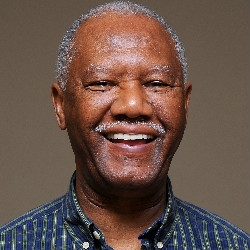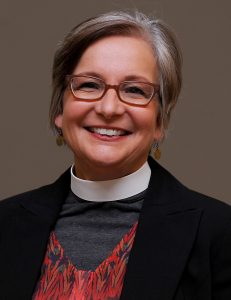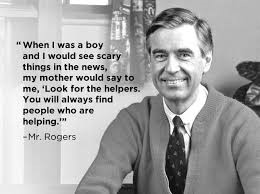Singing the future into existence now
June 4th, 2018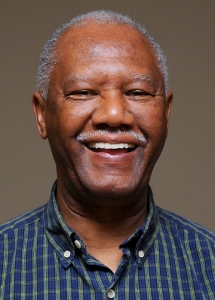 By Pr. Kelly Chatman
By Pr. Kelly Chatman
It’s time to have the talk in the church.
I have been in the Lutheran Church for a long time. (I actually graduated from Lutheran high school, college, and seminary.) I learned early that if a preacher was preaching to the choir, she wasn’t preaching to me. If we are only preaching to the choir, the church is heading for trouble.
A good friend was moving to another region of the country. During our conversation the discussion turned to worship, music, and choir. My friend shared how she loved being in a congregation where worship and music is strong. She shared that, though she herself has a strong voice and music background, she quickly discovered that to truly experience belonging in her church choir she needed to have a stronger music background. She shared how most of the choir had migrated from Lutheran colleges like St Olaf, Augsburg, Concordia, and Luther.
“If we are only preaching to the choir, the church is heading for trouble.”
In our conversation, we speculated about the region of the country our friend was moving to and anticipating the difference she might experience in belonging to a congregation choir. She recounted the expectation she experienced in Minnesota is participation requires the ability to read music, and read it well. It is my experience the more complicated the music, the more meaningful it is in some of our congregations.
Strong choirs are great. Is the choir the audience we need to reach?
In case you have not read the memo, Minnesota demographics are changing and it is changing fast. The future of the church does not look like many of our choirs.
SO, HERE IS MY ADVISE: Talk with your choir and make sure they have your back. Solicit the choir’s assistance to reach people who are new to the church. People may or may not know how to negotiate the Evangelical Book of Worship. Even more, they may not want to so work with your choir. Partner with your choir to discover new ways to reach new people to share the sense of belonging experienced in the choir.
One of the things I valued during my clinical pastoral education in seminary was during a unit of hospital chaplaincy in Washington D.C., I heard a lecture by Dr. Edwin Nichols from the National Institute of Health. Dr. Nichols shared research from social scientist stating that, in the United States, we operate out of three basic world views. He was careful to state that one world view is not better or more important than another.
Dr. Nichols stated how for African-American, Latino/Latina, and First Nation people the operative world view is “relationship.” How African-American people feel in relationship with others and their environment is fundamental to their world view.
“Dr. Edwin Nichols shared research from social scientist stating that, in the United States, we operate out of three basic world views.”
Second, Dr. Nichols shared that for Asian and Pacific Islander people in the United States the operative world view is following the emperor, speaking with one voice, conforming to the group. Remember, a particular world view is not better than another!
The final world view Dr. Nichols presented was that of white people. He stated for this world view it is the acquisition of option. This is represented in examples like, how much knowledge is accumulated, how much money you make, and value of time. I think about time as a commodity where worship is to be limited to “one hour”.
You can have fun with this information. Discuss with your leaders the elements of your worship service. Talk about the three world views and reflect on your service and hymns. What about the sermon? How do you evaluate if a sermon is good or not? How long is the service? How might these insights reflect the passing of the peace?
Have this conversation; include your young people. The future of the church depends on our ability to have these discussions.

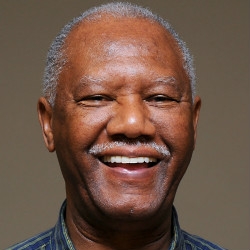

 By Emilie Bouvier
By Emilie Bouvier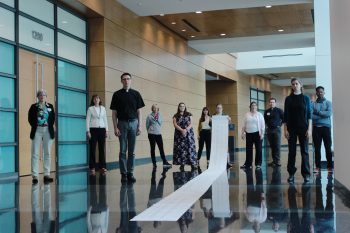
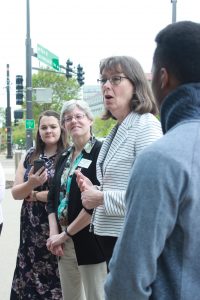
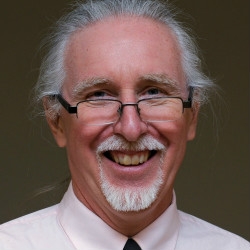
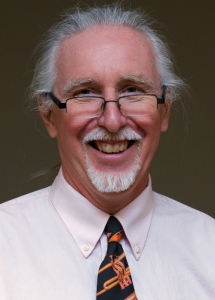 By Bob Hulteen
By Bob Hulteen 
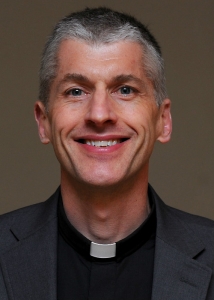 By Pastor Craig Pederson
By Pastor Craig Pederson 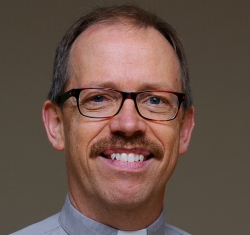
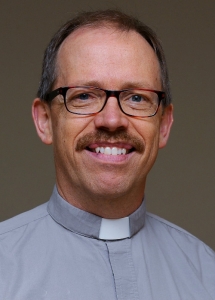 By Pr. John Hulden
By Pr. John Hulden 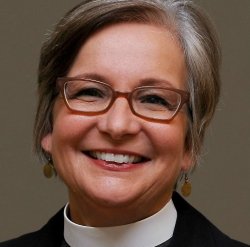
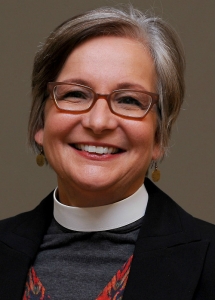 By Rev. Deb Stehlin
By Rev. Deb Stehlin